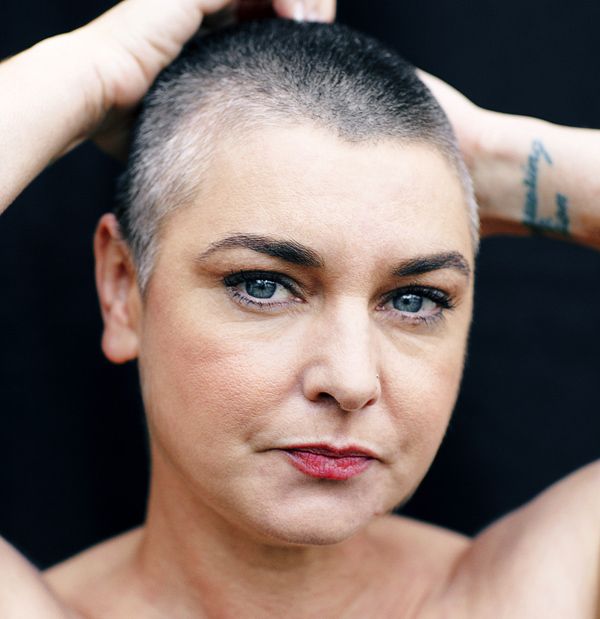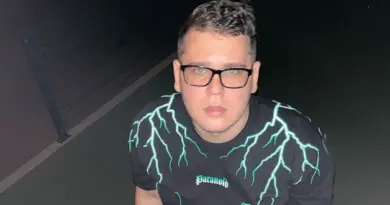
Suicides and Personal Crises Have Made Mental Illness a Front-and-Centre Issue in Music
We’ve lost a frightening number of music stars over the last year. Some, like Bowie, died of natural causes. But the number of suicides is very worrisome. Chris Cornell, Chester Bennington, Butch Trucks and Keith Emerson all took their own lives. Mental illness also seems to have played a factor in the death of Scott Weiland, who was bipolar and heavily into drugs. Lately, we’ve seen heart-wrenching cries for help from Sinead O’Connor. And there are more hurting people that we just don’t know about.
The issue of mental illness has become a front-and-centre issue in music. The question is, what is anyone going to do about it? Consequence of Sound has this story on the subject.
This column comes directly off the cuff and that’s okay. Words are difficult to come by at times. The right ones more so. And I suspect if I had a year’s time to think about all that’s compelling me to write this article, I wouldn’t necessarily have much more to show for the extended deadline other than a few crisper sentences. That said, I can only hope that my urgency to say something about a sensitive matter doesn’t merely result, as it can, in saying the wrong things in haste. I don’t believe that’s the case.
By now, most have either seen or heard about the unsettling video singer Sinéad O’Connor posted last Thursday on Facebook. In the clip, an emotionally shaken O’Connor fights back tears as she begs her family to finally come and take care of her after two years apart. A desperate, suicidal video recorded in a New Jersey Travelodge where O’Connor claims to live should set off alarm bells. And, indeed, she states several times that she is but “one of millions” of people out there living with mental illness and explains that she is making the video so that others can see what it looks like when a person gets abandoned due to their mental illness and its stigma.
The positive news is that O’Connor’s Facebook was updated on her behalf on Monday night, promising those concerned that she is receiving the care she needs. The sad news is that the hopelessness in O’Connor’s voice – even as she tried to help others — has quickly become a prominent theme in our 2017 pop culture narrative. One we all too often neglect to talk about.
Keep reading. It’s important.



